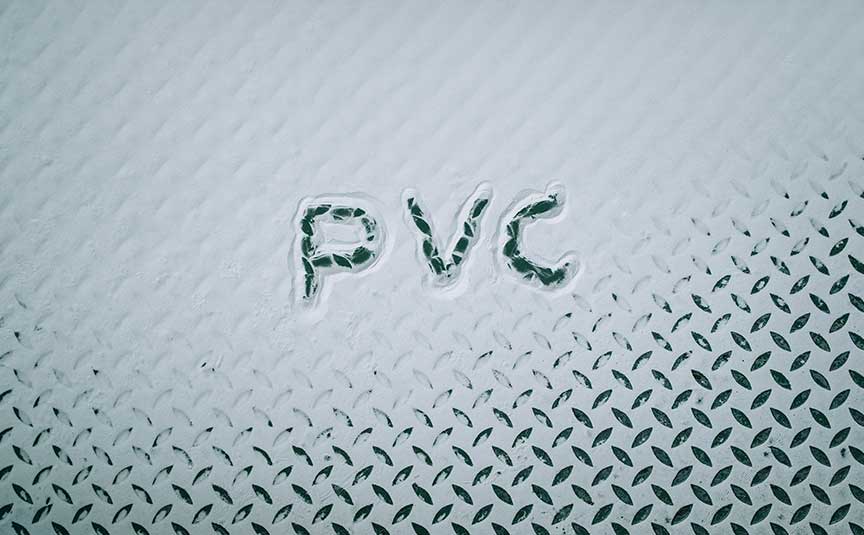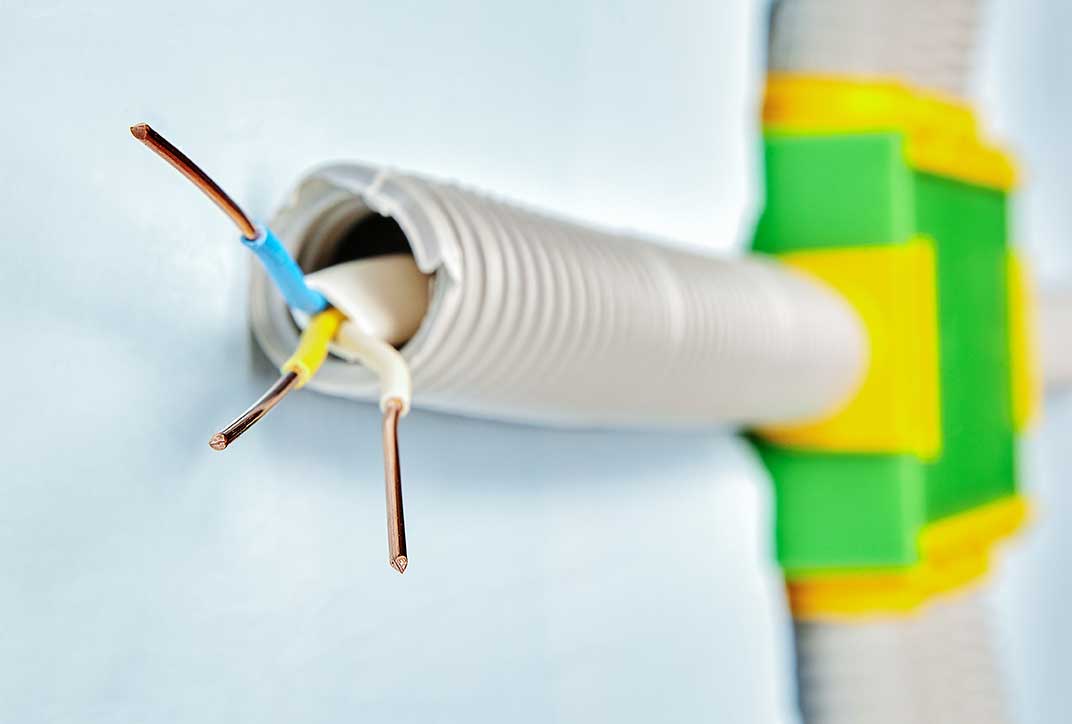 Contact
Contact
Looking for the right Product
or having questions?
Request sample
PVA Product finder
Be the first to know what’s new in Kuraray’s polyvinyl alcohol product portfolio!
Subscribe now Contact
Contact
Looking for the right Product
or having questions?
KURARAY POVAL™
Kuraray has a long history in the development of polyvinyl alcohol (PVA or PVOH) based suspending agents, especially for the needs of PVC manufacturers. In these applications polyvinyl alcohol is used as a protective colloid for the polymerization of PVC: vinyl chloride monomer is suspended in water by means of stirring in combination with a suspending agent to allow the polymerization reaction to proceed. The physical properties of the resulting PVC, including size, shape of the grains and bulk density, are directly related to the grain forming process during polymerization.

Kuraray’s primary and secondary suspending agents allow precise control of the grain formation and its resulting structure and morphology. Furthermore, the surface active performance can be widely optimised by selecting an appropriate combination of Kuraray’s suspending agents. This diversity enables the PVC manufacturer to produce a very versatile range of PVC resins, varying in morphology and K value according to the intended end application.

Kuraray’s polyvinyl alcohol based primary suspending agents (L-series) enable accurate control of the grain size distribution of the PVC resin. A high degree of uniformity from grain to grain as well as a narrow grain size distribution is required to avoid the formation of a coarse fraction that could give rise to fisheyes or other defects, and also make VCM (Vinyl Chloride Monomer) removal difficult.
PVC grains must be able to absorb a variety of compounding additives including plasticizers, lubricants and stabilisers to name just a few. For this purpose, PVC resin must have some degree of porosity that can be measured using cold plasticizer absorption (CPA).
Porosity in PVC grains is created by a complex series of interrelated steps in the formation and growth of a sub-microscopic structure within each droplet. It also depends on the unique nature of the VCM / PVC system.
Kuraray’s secondary suspending agents (LM-series) improve the porosity of systems. In addition to the porosity, the control of bulk density (BD) or apparent density (AD), which mainly depends on porosity, grain shape and grain size, is critical to the PVC processor, which is concerned with charge size, cycle times in high speed mixers, output rates, motor torque and degree of gel formation in extruders.
Kuraray’s secondary suspending agents (LM-series)are solid grades, which are self-dispersible in cold water. LM-series can be charged directly into the reactor at any concentration as a dispersion.

Thanks to the diversity of Kuraray’s primary and secondary suspending agents, the PVC manufacturer can produce a versatile range of PVC polymers which vary in morphology and K-value, according to the intended end application. Our expertise in the development of primary and secondary suspending agents enables us to support our customers in processing rigid or flexible formulations as well as low K-value formulations. Rigid formulations are used to produce pipes, conduit, sheet, and window profiles. Flexible formulations allow for flexible sheet, flooring, wallpapers, cable coverings, hoses, tubing, and medical products. Low K-value formulations are ideal for injection moulding processes, conduit fittings, and integral electrical plugs. Furthermore, they can be applied in blow moulding of bottles and other containers.
Do you have any questions, need technical support or would like to request a sample?